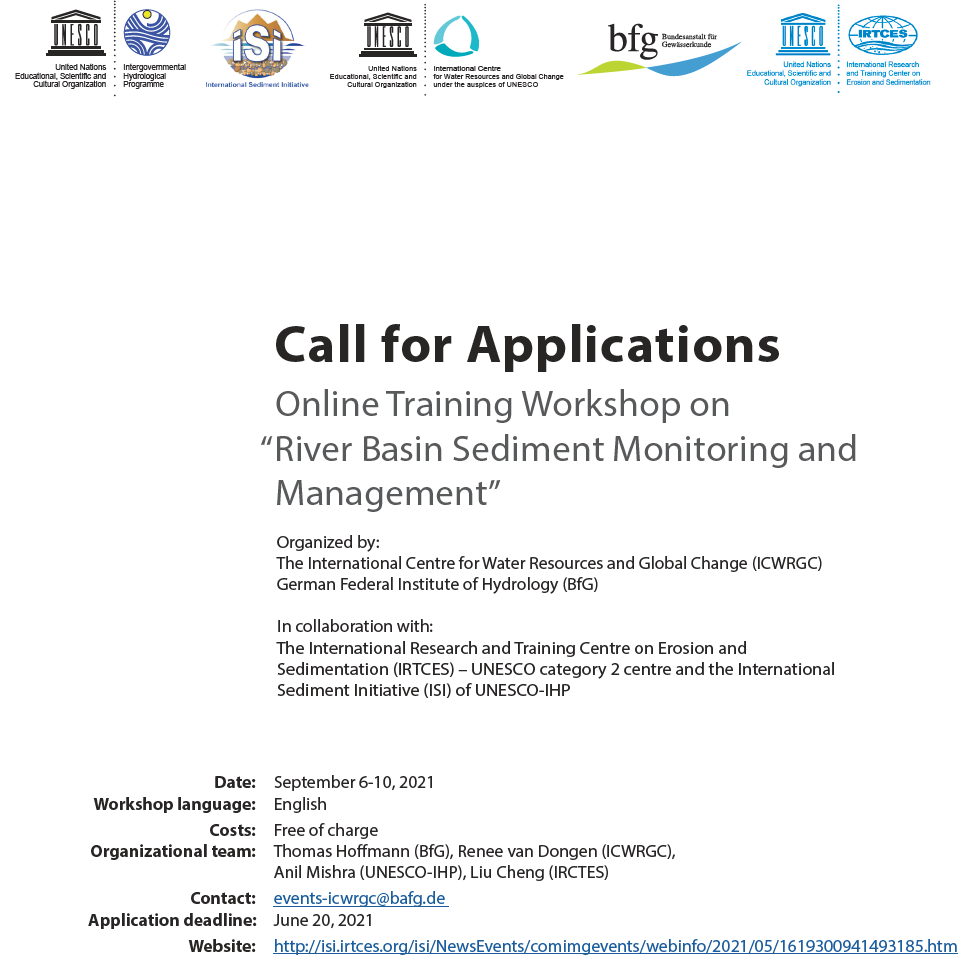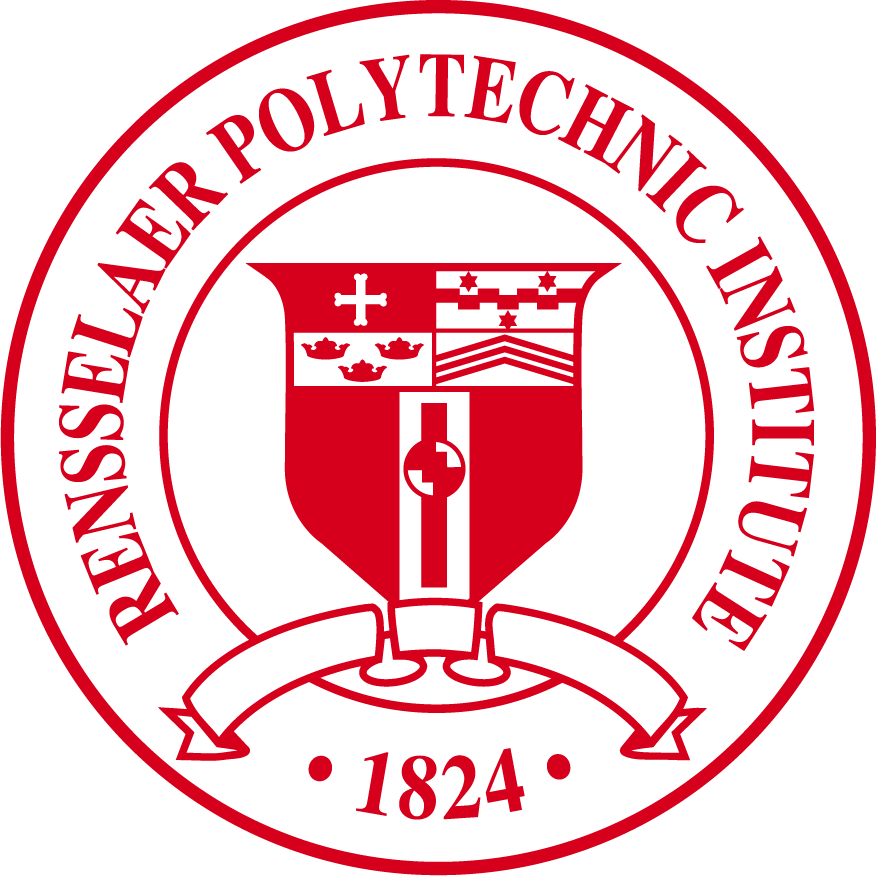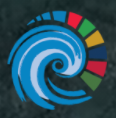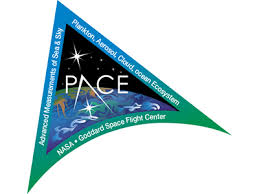The World Water Quality Alliance invites you to register for their Launch Webinar for MONITORING PLASTICS IN RIVERS AND LAKES: Guidelines for the Harmonization of Methodologies on June 17, 2021 at 1:30 PM EAT (12:30 PM CEST).
The guidelines contain the most current procedures for monitoring and analyzing plastic content in rivers, lakes, reservoirs and water/wastewater treatment plants. The harmonization of monitoring methods and techniques will allow for synthesis of data and will provide knowledge of transport processes, loads and impacts of plastic debris in freshwater bodies/ecosystems, that can be used to monitor water quality and also strengthen evidence base for guiding effective policymaking. The webinar will feature a panel of expert speakers and will provide the audience with an overview of the publication, practical use and implementation of the guidelines, as well as opportunities to put them into practice.
Registration link: https://attendee.gotowebinar.com/register/5721038690869826316.
More information and links to the guidelines (released on 17 June): https://www.unep.org/resources/report/monitoring-plastics-rivers-and-lakes-guidelines-harmonization-methodologies





